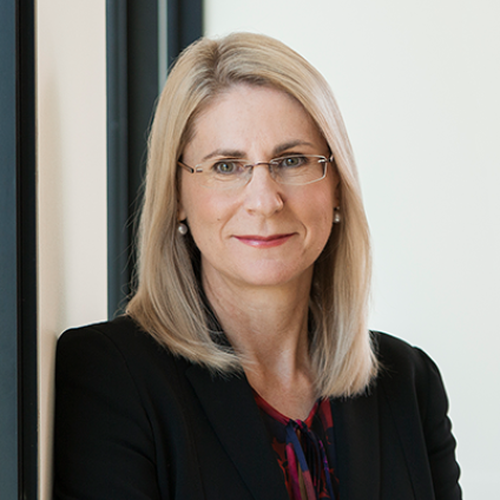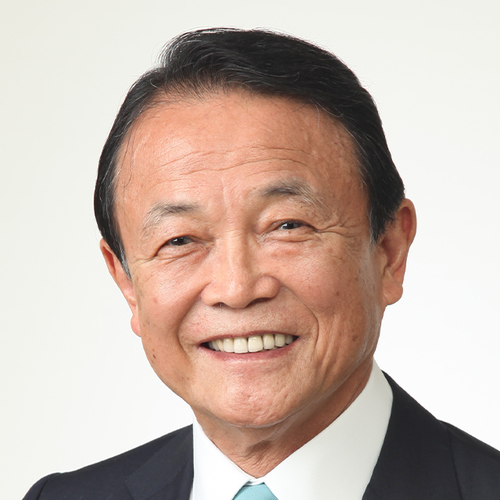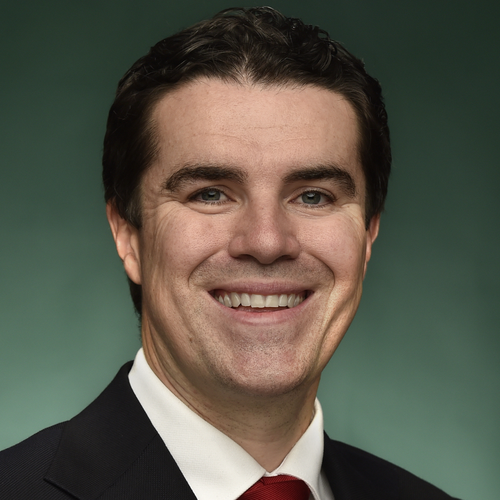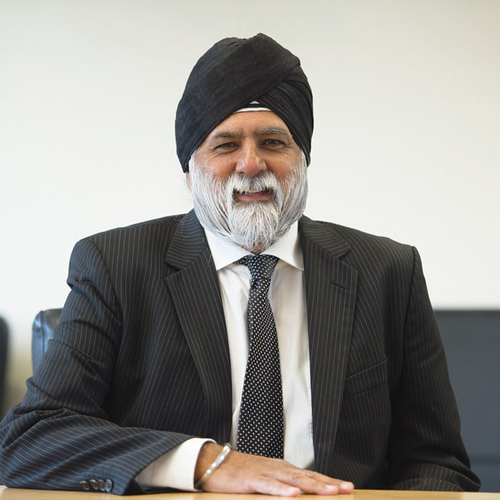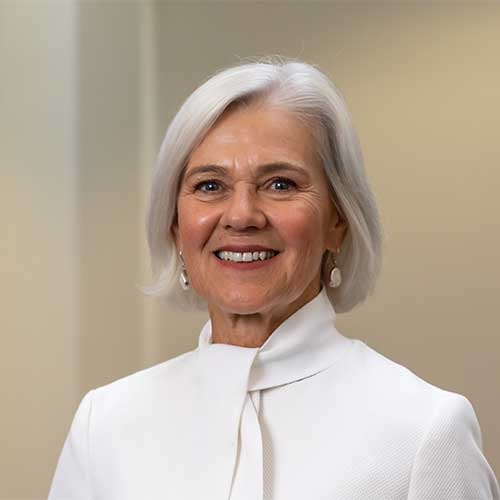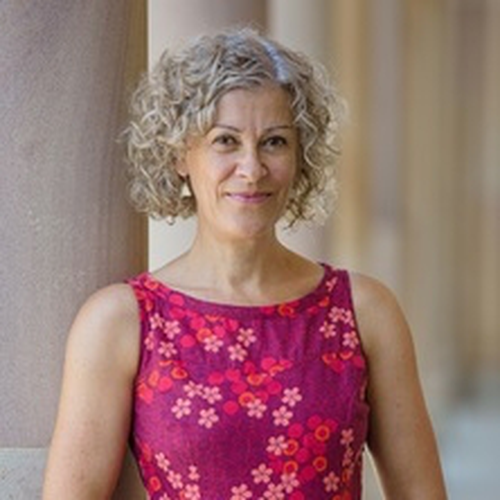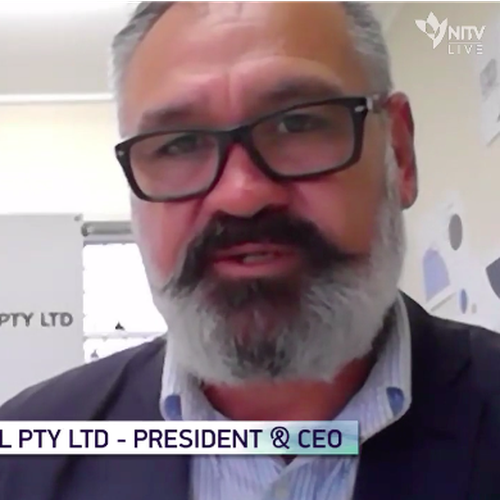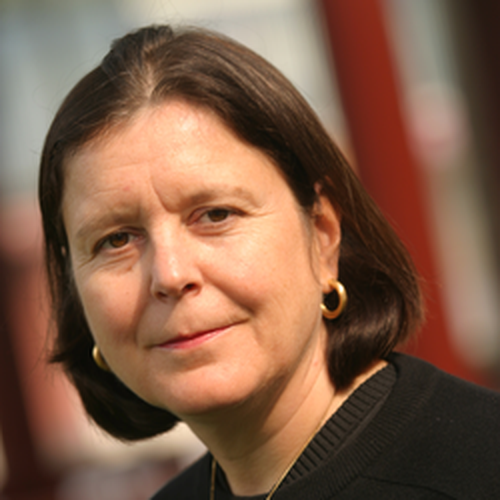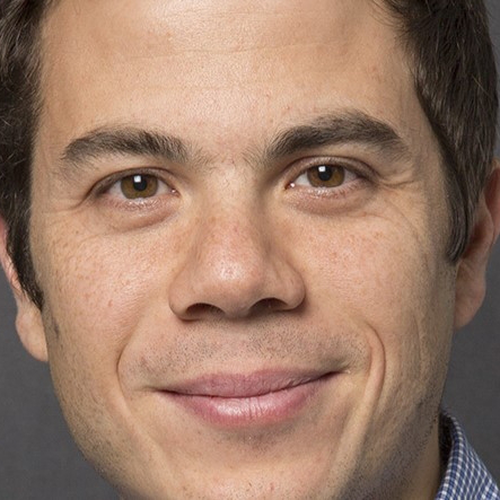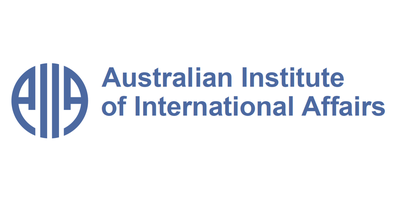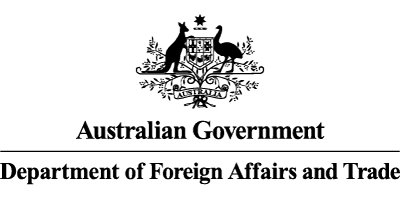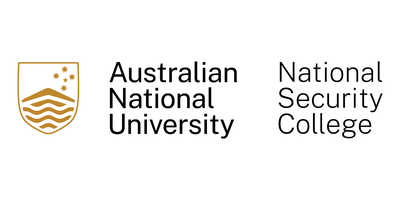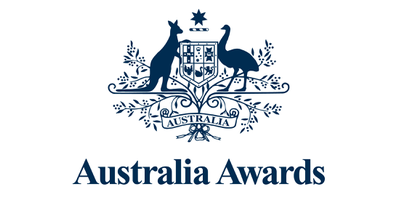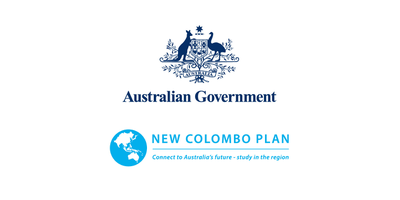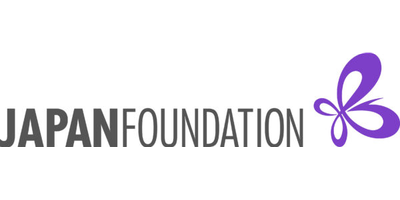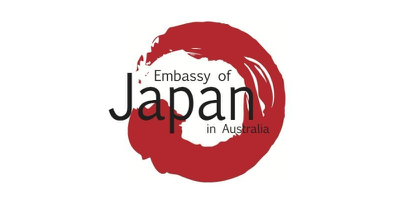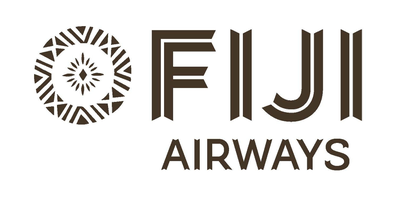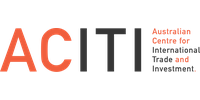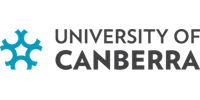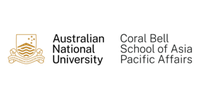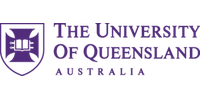The conference is on Monday 13 November, with masterclasses on Sunday 12 November.
Go to the main conference website, aiianationalconference.org, for details!
Speakers
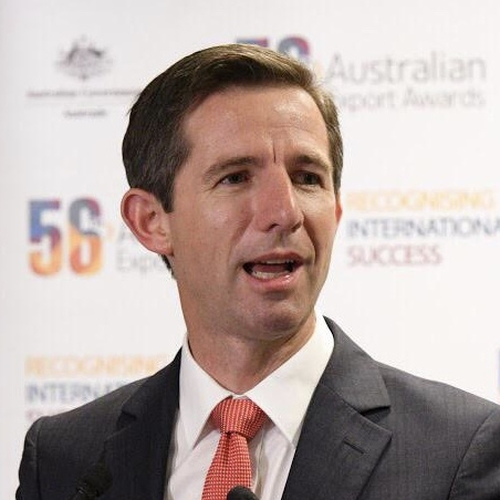
Senator The Hon Simon Birmingham
Shadow Minister for Foreign Affairs, Leader of the Opposition in the Senate
More Information
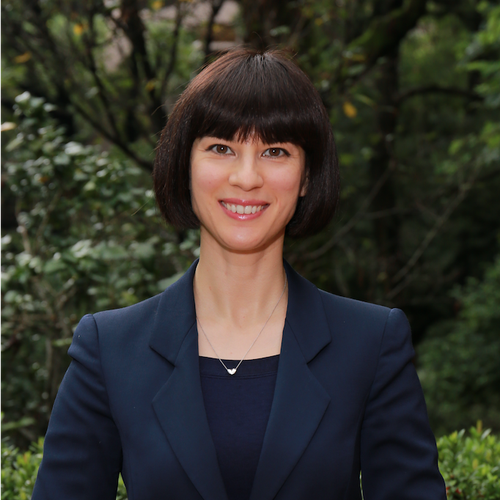
Courtney Fung
Associate Professor at Department of Security Studies & Criminology, Macquarie University
More Information
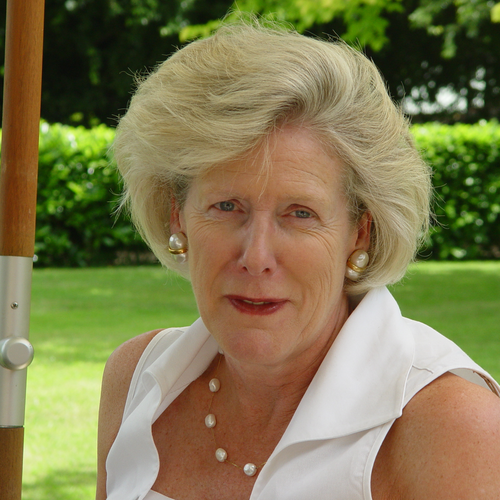
Zara Kimpton
National Vice President at Australian Institute of International Affairs
More Information

Bryce Wakefield
National Executive Director of Australian Institute of International Affairs
More Information

Pichamon Yeophantong
Head of Research and Associate Professor at Centre for Future Defence and National Security, Deakin University at the Australian War College
More Information
Tickets
All Access Pass: Conference, Gala Dinner, AIIA President's Breakfast (AIIA Members)
A$700.-
Buy TicketThis ticket is for AIIA Members It allows access to the main conference day event and the AIIA Gala Dinner on November 13 and the AIIA President's Breakfast on November 14.
Purchasers must be AIIA members, and their membership must be valid at the time of purchase and at the time of the 2023 conference. If they are not a member at the time of the conference, their ticket may be cancelled without a refund. To become a member, go to internationalaffairs.org.au/join
You will be asked to register for conference breakout sessions. Those who register will be able to enter their breakout rooms early. Breakout rooms will be open to all a few minutes before the beginning of the session.
Check aiianationalconference.org for updates about the venue and speaker of the gala dinner, and for information on refunds.All Access Pass: Conference, Gala Dinner, AIIA President's Breakfast
A$900.-
Buy TicketAnyone can purchase this ticket. It allows access to the main conference day event and the AIIA Gala Dinner on November 13 and the AIIA President's Breakfast on November 14.
You will be asked to register for conference breakout sessions. Those who register will be able to enter their breakout rooms early. Breakout rooms will be open to all a few minutes before the beginning of the session.
Check aiianationalconference.org for updates about the venue and speaker of the gala dinner, and for information on refunds.Conference plus Gala Dinner (AIIA Member)
A$500.-
Buy TicketThe deadline for earlybird tickets is now October 25. This is the last discount available. Tickets may sell out before this date.
Gala Dinner tickets for the 2022 conference sold out in the space of two weeks of the announcement of a speaker. This is your chance to get in early.
This ticket is for the main conference day of the AIIA National Conference 2023, which will be held on Monday November 13, and the Gala Dinner that will be held on the night of the conference.
Purchasers must be AIIA members, and their membership must be valid at the time of purchase and at the time of the 2023 conference. If they are not a member at the time of the conference, their ticket may be cancelled without a refund. To become a member, go to internationalaffairs.org.au/join
You will be asked to register for conference breakout sessions. Those who register will be able to enter their breakout rooms early. Breakout rooms will be open to all a few minutes before the beginning of the session.
Check aiianationalconference.org for updates about the venue and speaker of the gala dinner, and for information on refunds.Conference Plus Gala Dinner (General Entry)
A$700.-
Buy TicketThis ticket is for the main conference day of the AIIA National Conference 2023, which will be held on November 13, and the Gala Dinner that will be held on the night of the conference.
Conference Only (AIIA Member)
A$300.-
Buy TicketThe deadline for earlybird tickets is now October 25. This is the last discount available. Tickets may sell out before this date.
This ticket is for the main conference day of the AIIA National Conference 2023, which will be held on Monday November 13. It does not include the gala dinner.
Purchasers must be AIIA members, and their membership must be valid at the time of purchase and at the time of the 2023 conference. To become a member, go to internationalaffairs.org.au/join
This ticket is available until August 15. Tickets in this category are limited and may sell out before the listed time.
You will be asked to register for conference breakout sessions. Those who register will be able to enter their breakout rooms early. Breakout rooms will be open to all a few minutes before the beginning of the session.
Consult aiianationalconference.org for our refund policy and other conference information.Conference Only (General Entry)
A$500.-
Buy TicketThis ticket is for the main conference day of the AIIA National Conference 2023, which will be held on Monday November 13. It does not include the gala dinner.
Purchasers must be AIIA members, and their membership must be valid at the time of purchase and at the time of the 2023 conference. To become a member, go to internationalaffairs.org.au/join
This ticket is available until August 15. Tickets in this category are limited and may sell out before the listed time.
You will be asked to register for conference breakout sessions. Those who register will be able to enter their breakout rooms early. Breakout rooms will be open to all a few minutes before the beginning of the session.
Consult aiianationalconference.org for our refund policy and other conference information.Gala Dinner Full Table + Conference for 10 attendees
A$6,000
Buy TicketThe deadline for earlybird tickets is now October 25. This is the last discount available. Tickets may sell out before this date.
This ticket is for the gala dinner and all conference day events on November 13. You will received a full table at the gala dinner, placed by the AIIA. If you would like to sponsor a reserved table near the front of the conference venue, please contact info@internationalaffairs.org.au
This ticket is for those who will not attend the main national conference session. Discounts are available for combination conference and gala dinner tickets. See aiianationalconference.org for details.
Sponsors who have purchased special package deals for multiple attendees of the conference day may not purchase this ticket for those attendees. Students who have purchased specially-priced student tickets for the conference may not purchase this ticket.Fellow of the AIIA (Sold Out)
Complimentary
Reserve TicketThis ticket is for Fellows of the AIIA only.
Sponsors and Partners
Agenda
08
00
-
08
30
09
10
-
10
40
10
40
-
11
00
11
00
-
12
30
Breakout Session
Choose from "Energy and Environment" or "The Return of Ideology"
12
30
-
13
30
13
30
-
15
00
Breakout Session 2
Choose from "De/globalisation and Inequality," or "Diversifying, Decoupling, De-risking, Friendshoring"
15
00
-
15
30
15
30
-
17
00
Strategic Competition and Australian Strategy
Tension between China and the United States is now the predominant setting for international relations in Australia’s region. Australia’s neighbours, particularly in South East Asia and the South Pacific, face difficult choices in the years ahead. Canberra has responded with a message of strategic equilibrium, that is, Australia will assist nations in the region to maintain their sovereignty, while attempting to stabilize its own relationship with Beijing. This, while allowing greater American basing rights in Australia and developing a nuclear-powered submarine deterrent. Is Australia on the right strategic path? What do others in the region think of Australia’s words and actions? Does AUKUS provide for our security while protecting our sovereign capacity, or does it constrain our choices for the sake of a larger allied strategy? What are the strategic options for Australia in the decades to come?
17
00
-
17
30
17
30
-
18
30
End of conference
The conference ends at 5:30pm. Guests who hold a gala dinner ticket should make their way to the national arboretum.
Monday, November 13, 2023
11
00
-
12
30
The Return of Ideology?
Russia’s invasion of Ukraine has led to a new discussion on the relevance of regime types in international relations. We are, according to some, in a contest of democracies versus autocracies, with Chinese and Russian influence creating the conditions for other countries to flirt with illiberal politics. This question may be particularly pertinent in our own region with some states facing problems around capacity and governance. Some critics warn, however, that the danger is not simply within regimes, but that there is a contest between liberalism and illiberalism within multilateral institutions. But is the bifurcation of the world into opposing groups a useful mode of analysis or diplomatic position? Should we incorporate the positions of other nations on human rights and democracy into how we view them strategically? Do we risk alienating countries with which we share significant common interests but fewer common values?
13
30
-
15
00
De/globalisation and Inequality
Globalisation is increasingly a dirty word. While mainstream narratives in developed nations have traditionally framed interconnectedness as delivering career opportunities and new freedoms and experiences, many commentators now stress that the economic ties that bind us also harm us. Across the West, we’ve seen significant populist backlashes to globalisation, perhaps most dramatically in the United States of the Trump years. Meanwhile, development experts note that the COVID-19 pandemic accelerated global economic and political inequality. What are Australia’s roles and responsibilities when it comes to confronting these challenges? Can we think of new ways of delivering aid to alleviate international poverty? How do questions of gender and identity relate to global inequality and conflict? Are new and more imaginative forms of globalisation possible, where economic security and resilience can protect vulnerable populations?
Monday, November 13, 2023
11
00
-
12
30
Energy and the Environment
To mitigate the climate crisis, national governments are establishing timelines for a transition to carbon neutral economies. A cornerstone of most national environmental policies is the shift from petroleum and other fossil fuel energy infrastructure to clean energy, including solar, wind, and hydrogen. What advantages does Australia have that will make it competitive throughout this transition? Is recent discussion of nuclear power as a renewable resource sensible, given Australia’s new security commitments? How can Australia ensure that it maintains economic growth and energy security while protecting the environment? How will we deal with the fact that countries in the South Pacific may be uninhabitable by 2050? Are recent changes to Australian climate policy enough to dispel the notion elsewhere that Australia is a climate laggard? Indeed, can Australia work with partners to become a global leader in the green transition?
13
30
-
15
00
Diversifying, Decoupling, De-risking, Friendshoring
As a net importer of both capital and technology, Australia is dependent on global technological supply chains. Indeed, value chains account for half of global trade. Yet, national governments, both democratic and authoritarian, are realising the political utility of restrictions on trade and financial freedom. Decoupling, de-risking, diversification, and friendshoring have become part of the international political vernacular, but what do these terms mean in reality? What significance do China’s targeted trade restrictions have when the Australian economy is so resilient? What effect will American attempts to corner semiconductor and other high-tech supply chains have on the global economy? Will attempts to rewire the global economy end in a better balance between openness, fairness and resilience. Or will it lead to sustained higher prices, slower more uneven growth, and lower living standards than otherwise would be the case?
Tuesday, November 14, 2023
08
00
-
21
30
AIIA National President's Breakfast
Egils LevitsHave breakfast with AIIA National President Dr Heather Smith PSM FAIIA, the Board of the AIIA, and a specially selected keynote speaker.
Monday, November 13, 2023
18
30
-
21
30
Gala Dinner
The Gala Dinner will be held at the National Arboretum. Only ticketholders can attend.

